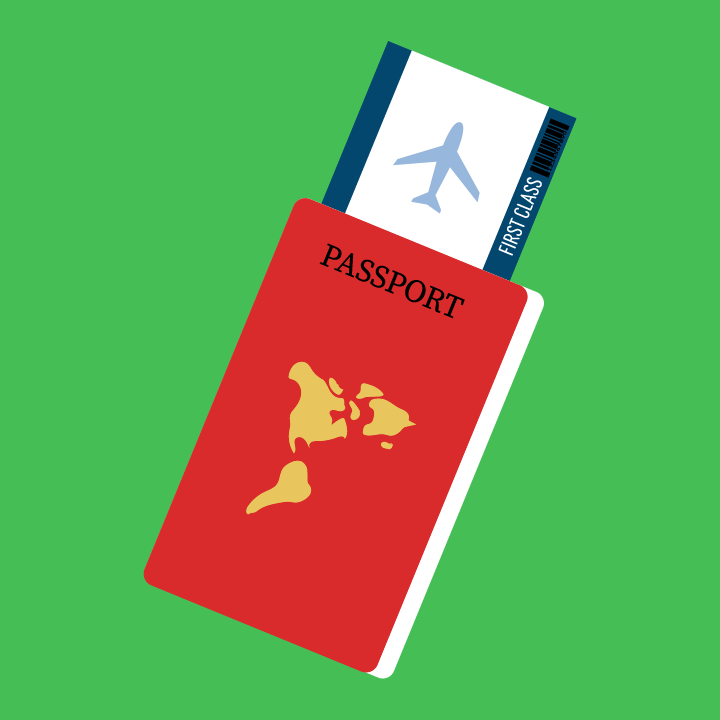Consumer Reports & PIRG Urge Airlines to Provide Full Refunds for Flights Canceled During Pandemic as Voucher Expiration Dates Approach
Groups Call for Airlines to Extend Voucher Expiration Dates Through At Least End Of 2022
With the one-year anniversary of the nationwide COVID-19 lockdown approaching, Consumer Reports and U.S. PIRG sent a letter to ten domestic airlines today calling on them to provide full refunds to consumers whose flights were canceled or affected by the pandemic. At the very least, the consumer groups are urging airlines to extend the expiration dates for vouchers they issued for canceled flights to the end of 2022 or longer.
“Millions of Americans who booked flights in good faith in 2020 were prevented from flying because of government lockdowns and safety concerns brought on by a once-in-a-century global pandemic,” said William J. McGee, Aviation Adviser to Consumer Reports. “The airline industry has received very generous support from taxpayers while stiff-arming its customers and treating their hard-earned dollars as interest-free loans. It’s time to provide consumers with the long-overdue refunds they rightfully deserve.”
The consumer groups’ letter notes that complaints to the U.S. Department of Transportation about airline refunds have jumped dramatically over the past year. In 2019, consumers submitted a total of 1,574 complaints about refunds to the DOT. Last year, that number increased 57-fold to 89,518 refund complaints.
Consumer Reports has been contacted by numerous customers frustrated that they couldn’t get a refund during lockdowns and who are concerned that they might not be able to travel before vouchers expire. An analysis by TripAction, a travel management company for businesses, found that 55 percent of vouchers for unused tickets will expire in 2021, and 45 percent will expire in 2022.
Many passengers were prevented from flying because of government restrictions, public health notices, or serious medical conditions that made flying during the pandemic unsafe. Far too many of the trips they booked will never happen, due to the cancellation (not postponement) of conferences, conventions, weddings, graduations, and family reunions.
While passengers on flights canceled by airlines are entitled to a full refund under federal law, a congressional analysis found that some carriers offered vouchers as the default option, requiring passengers to take extra steps to get a cash refund. Many airlines waited until the last minute to cancel scheduled flights, prompting concerned passengers to cancel their tickets and forfeit their legal right to a refund.
“It’s insulting and unfair that airlines haven’t offered refunds to all customers affected by the pandemic,” said Teresa Murray, Consumer Watchdog Director for U.S. PIRG. “Consumers certainly couldn’t have foreseen a once-in-a-lifetime global crisis. Our research has shown that travelers whose plans got canceled have to wade through refund policies likely written by a team of lawyers. They’re faced with figuring out the difference between a flight credit or a trip credit or a travel voucher and similar offers the airlines make to avoid giving people easy-to-understand cash in their pocket.”
A Consumer Reports review of airline voucher policies found nine different policies among ten different airlines. Many of these policies are hard to find on airline websites, and the airlines’ descriptions of their policies can be quite confusing and at times contradictory, based on conflicting rules for various dates of booking, travel, and cancellation. The consumer groups’ letter was sent to the CEOs of the following scheduled airlines: Alaska Airlines, Allegiant Air, American Airlines, Delta Air Lines, Frontier Airlines, Hawaiian Airlines, JetBlue Airways, Southwest Airlines, Spirit Airlines, and United Airlines.






